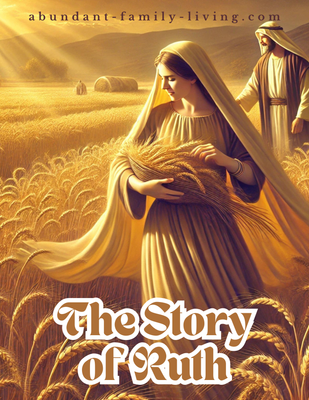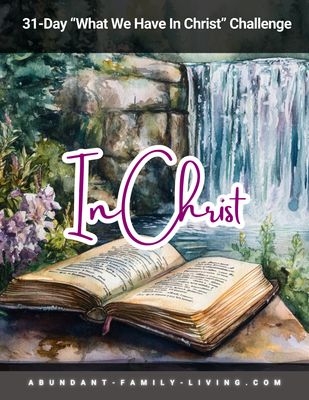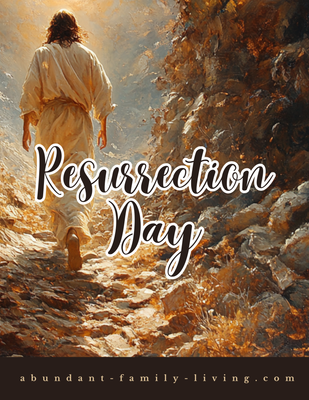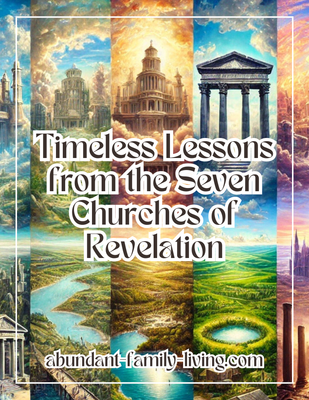Understanding Easter – The Truth Behind the Holiday for Believers
Understanding Easter – The Truth Behind the Holiday for Believers
Easter, in its essence, is the celebration of the resurrection of our Lord and Savior, Jesus Christ, from the dead. For Christians, this is the foundational event that affirms our faith, for without the resurrection, our hope is in vain.
Key Scriptures:
- Matthew 28:5-6 (KJV): “And the angel answered and said unto the women, Fear not ye: for I know that ye seek Jesus, which was crucified. He is not here: for he is risen, as he said. Come, see the place where the Lord lay.”
- 1 Corinthians 15:17 (KJV): “And if Christ be not raised, your faith is vain; ye are yet in your sins.”
- Romans 6:4 (KJV): “Therefore we are buried with him by baptism into death: that like as Christ was raised up from the dead by the glory of the Father, even so we also should walk in newness of life.”
The resurrection of Jesus is not merely a historical event; it is the very heartbeat of Christianity. The resurrection validates the gospel message that through Jesus' death and resurrection, we are given forgiveness of sins and the hope of eternal life. Without this event, our faith is futile.
The Key Points:
- Victory over sin and death: Jesus' victory over death means that death no longer has dominion over us. When He rose from the dead, He triumphed over the grave, and as believers, we are invited to share in this victory. Jesus broke the power of sin and death, and through Him, we have eternal life. As 1 Corinthians 15:55 (KJV) says, “O death, where is thy sting? O grave, where is thy victory?”
- New life in Christ: The resurrection is the beginning of a new way of life for those who believe in Him. Just as Jesus was raised from the dead, so too, believers are raised spiritually to walk in newness of life (Romans 6:4). This new life empowers Christians to live victoriously, leaving behind the old ways of sin and embracing a life that reflects Christ’s love and holiness.
- Hope of eternal life: The resurrection is not just a promise of a better life on earth, but a promise of eternal life with God. Jesus assures us in John 11:25-26 (KJV): “I am the resurrection, and the life: he that believeth in me, though he were dead, yet shall he live: And whosoever liveth and believeth in me shall never die.” The resurrection is our guarantee of eternal fellowship with God in Heaven.
How Easter Came to Be Called "Easter"
The origin of the name "Easter" is somewhat debated. It is believed that it may have derived from an ancient Anglo-Saxon goddess of spring, Eostre (or Ostara). She was associated with fertility and new life, which aligns with the themes of resurrection and renewal central to the celebration of Jesus’ victory over death.
However, in most languages, the name for the holiday is derived from the Hebrew word "Pesach" (Passover), since Jesus' death and resurrection coincided with the Jewish celebration of Passover.
In Greek, the word for Easter is “Pascha”, directly linked to the Passover festival, highlighting the connection between the Jewish Passover and the sacrificial death of Jesus. Just as the lamb’s blood spared the Israelites in Egypt, so too, Jesus, the Lamb of God, shed His blood to save us from sin and death.
The name "Easter" might have evolved as a way to reframe the celebration for the Christian context, focusing not on the goddess but on the resurrection of Jesus, a new life that springs forth from His triumph over death.
Why We Celebrate Easter
Easter is not just a time for cultural traditions or secular festivities; for Christians, it is the most significant time to celebrate the resurrection of Jesus Christ. It is a day of rejoicing, reflecting on the power of God that raised Jesus from the dead, and the hope it brings to all believers.
The resurrection affirms our faith and confirms the truth of the gospel. If Jesus had not been raised, there would be no gospel to preach, no good news to share, and no hope for humanity. The resurrection proves that Jesus is who He said He is – the Son of God, the Savior of the world.
Gratitude for salvation: Easter is a time for Christians to express deep gratitude for the salvation that Christ’s death and resurrection provided. The resurrection affirms that Jesus' sacrifice on the cross was sufficient to atone for the sins of mankind.
As Romans 5:8 (KJV) says, “But God commendeth his love toward us, in that, while we were yet sinners, Christ died for us.” The resurrection is the ultimate confirmation that God’s plan of salvation was completed and accepted.
Living in the power of the resurrection: The resurrection is not just a past event; it is a present reality for believers. Easter calls us to live in the power of the resurrection daily, empowering us to live victoriously over sin and to walk in the newness of life that Christ offers.
Philippians 3:10 (KJV) expresses this desire: “That I may know him, and the power of his resurrection, and the fellowship of his sufferings, being made conformable unto his death.” Through the resurrection, believers can experience a transformed life, marked by the power of Christ.
Living in the Power of the Resurrection
Though the name Easter has complex historical origins, the message of the resurrection remains unchanged: Jesus is alive! Because of His victory, we have access to the Holy Spirit’s power (Romans 8:11) and can live with faith, boldness, and purpose.
This Easter, let us remember the truth behind the holiday—not just in tradition but in transformation.
May we proclaim with joy:
He is risen! He is risen indeed!



















